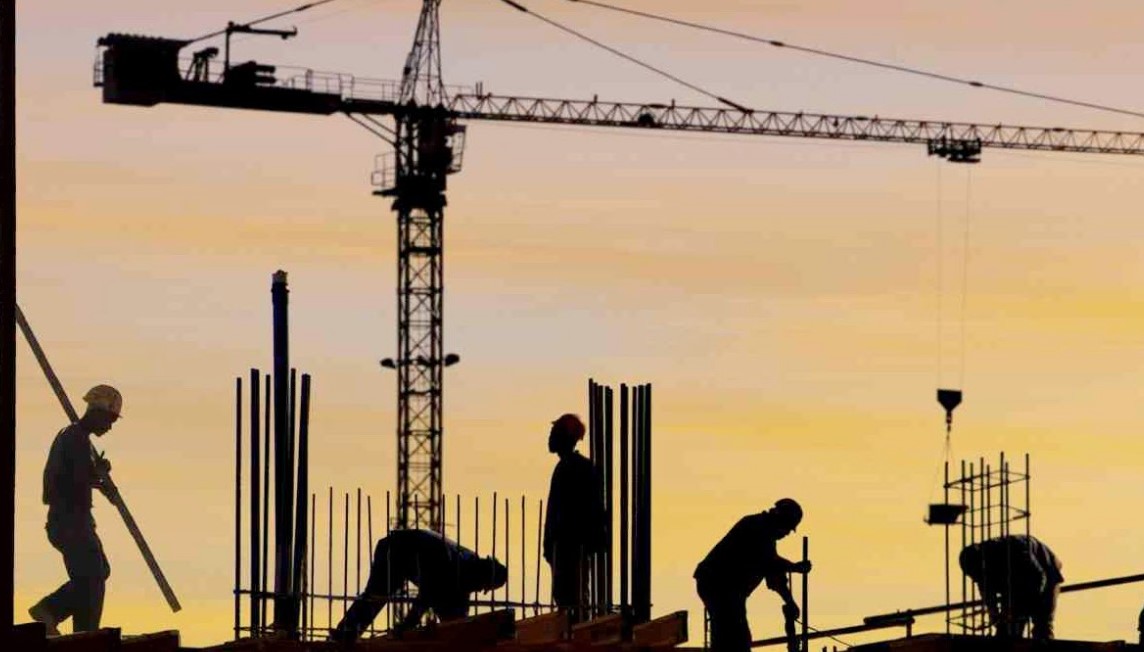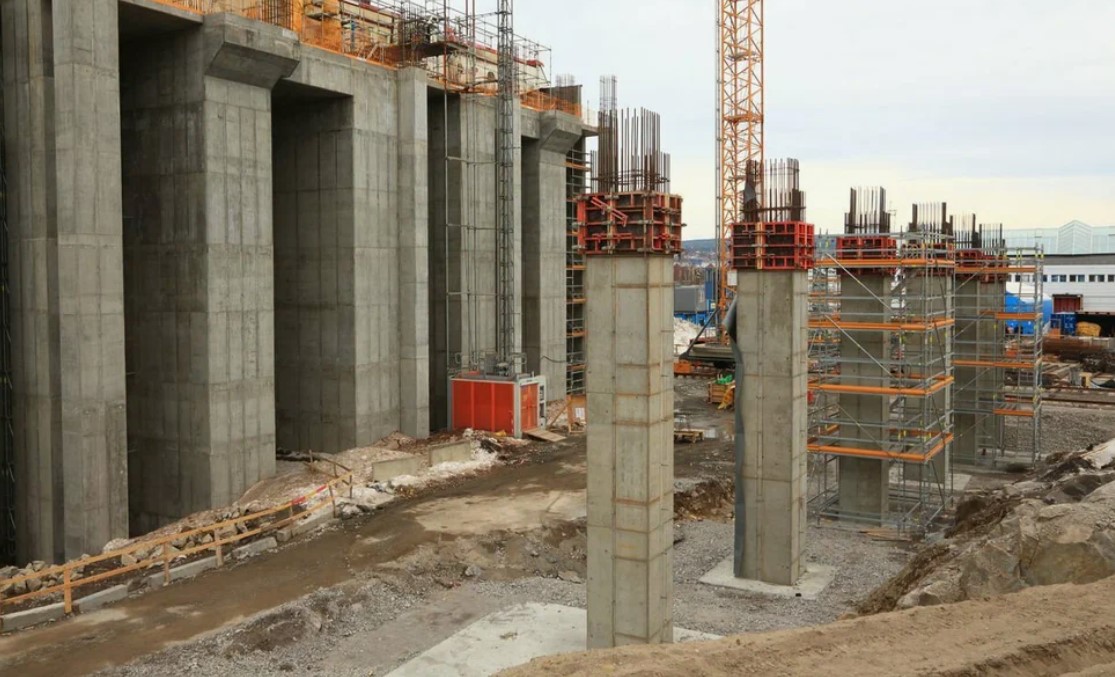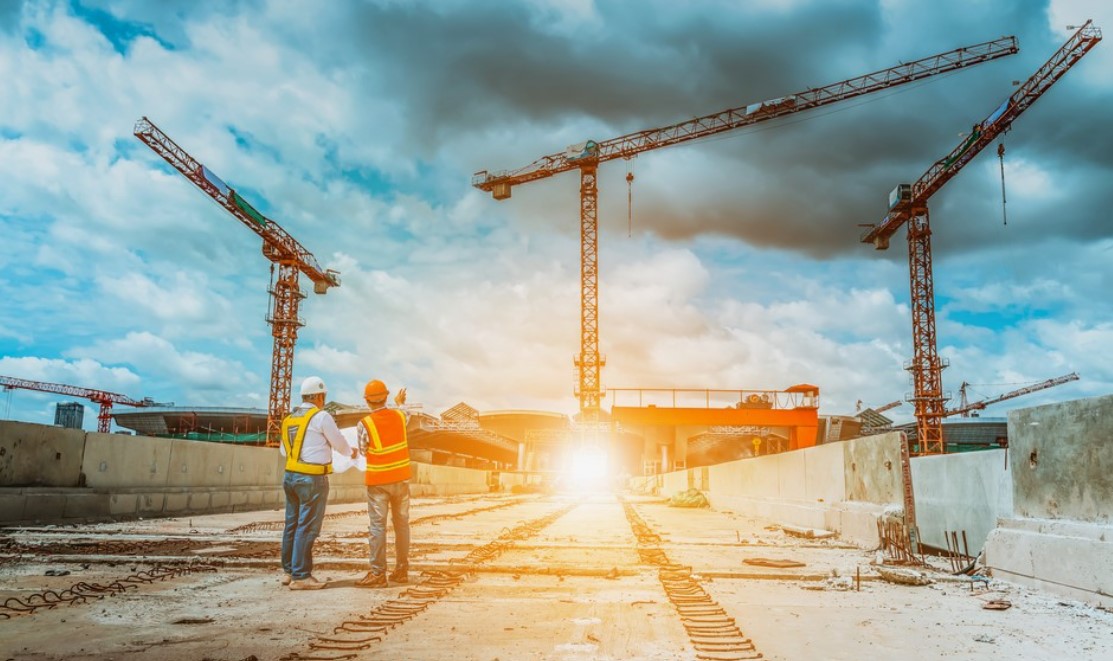Geotechnical Engineering Services: The Foundation of Infrastructure Development
Geotechnical engineering is the bedrock of safe, sustainable, and innovative infrastructure development in construction. With rapid urbanization, especially in cities like Dubai and Abu Dhabi, the need for robust geotechnical engineering services is more important than ever. These services, which range from intricate transportation networks to tall structures, guarantee that projects are constructed on a strong basis. This blog explores the function of geotechnical engineering services in the United Arab Emirates, the services offered by geotechnical firms, and the most recent developments influencing the future of this crucial sector.
Page Content
Geotechnical engineering: what is it?
A subfield of civil engineering called geotechnical engineering is concerned with how earth materials react to construction. Geotechnical engineers evaluate the qualities of soil, rock, and groundwater to ascertain how they may impact the safety and design of roads, tunnels, buildings, and other structures. Because of the UAE’s distinct geological and environmental characteristics, geotechnical engineers are essential in solving problems there. The core services provided by geotechnical engineering companies include:
Analysing and Testing Soils
This procedure assesses the soil’s stability, compaction, and composition to ensure its ability to sustain the desired construction.
Investigations of Geotechnical Sites
Foundations entail gathering data from a site to evaluate subsurface conditions in order to construct them and guarantee the safety of major infrastructure projects.
Design and Evaluation of the Foundation
Geotechnical engineers create foundations appropriate for a building or other structure’s soil properties and load-bearing needs.
Enhancement of the Ground and Slope Stability
Methods like ground improvement and soil stabilization increase the bearing capacity of poor soils or stop slope failure.

The Role of Geotechnical Services in UAE’s Urban Landscape
The UAE’s ambitious construction projects, from the world’s tallest buildings to vast transportation networks, rely on precise geotechnical engineering to ensure their structural integrity. The potential for settlement and shifting is high in regions with soft desert sands, such as parts of Dubai and Abu Dhabi. Geotechnical engineering services assess these risks and recommend appropriate foundation designs, such as deep foundations like piles or rafts, that can distribute loads evenly and reduce settlement risk.
Moreover, expanding the UAE’s coastline has created challenges for construction in coastal areas. The soil near the shore is often saturated with saltwater, which can lead to corrosion of building foundations. Geotechnical engineering companies in the UAE perform specific tests to identify these risks and develop strategies for mitigating damage from saltwater infiltration, including using corrosion-resistant materials or soil stabilization techniques.
In addition to coastal and desert environments, the UAE’s geotechnical engineers face challenges, such as high groundwater tables in some areas. This requires careful drainage and groundwater management planning to avoid foundation instability or seepage.
Advancements in Geotechnical Engineering: Trends to Watch
Geotechnical engineering is changing along with the construction sector. Several innovative developments are shaping the future of geotechnical services, increasing their effectiveness, accuracy, and flexibility in response to the difficulties presented by intricate projects in the United Arab Emirates.
Geotechnical Data Management and Digitalisation
The trend towards digitization is completely transforming the gathering and analyzing of geotechnical data. By integrating Geographic Information Systems (GIS), engineers can more effectively and intuitively handle enormous volumes of geotechnical data, including soil composition, location-specific testing, and historical data. This data integration makes better decision-making and quicker project turnaround times possible.
Geotechnical Instrumentation and Monitoring
Instrumentation has significantly advanced geotechnical monitoring, allowing engineers to track real-time data on soil movement, groundwater levels, and foundation stress. Tools like inclinometers, piezometers, and extensometers monitor subsurface conditions during construction and over the building’s lifespan. These devices provide critical insights that can predict potential issues before they become critical.
Sustainability in Geotechnical Engineering
With the UAE’s commitment to sustainability, geotechnical engineering services are evolving to include environmentally conscious practices. The environmental impact of building is being reduced through the adoption of strategies including waste material recycling, ground improvement, and soil stabilization. Additionally, geotechnical firms are progressively implementing energy-efficient technology and practices that lower the built infrastructure’s carbon footprint.
Geotechnical Modeling in 3D
Engineers may use 3D modeling software to produce intricate depictions of subsurface conditions, such as soil characteristics and groundwater dynamics. This digital method helps predict potential problems during construction and improves design correctness. In the UAE’s congested urban settings, where building projects are frequently subject to strict restrictions, 3D geotechnical modeling is vital for guaranteeing building projects’ efficiency and safety.
Advanced Soil Testing Techniques
As geotechnical testing becomes more sophisticated, new methods are being adopted to provide higher-resolution data on soil characteristics. Techniques like cone penetration testing (CPT), seismic refraction, and borehole drilling offer detailed insights into soil behavior under different loading conditions. These tests help identify soil instability, compaction, and settlement issues that traditional methods may overlook.

The Growing Demand for Geotechnical Services in the UAE
The UAE is experiencing a construction boom, with new developments in both commercial and residential sectors. This growth is reflected in the increasing demand for geotechnical engineering services as projects become more complex and require detailed ground analysis; according to a report by GlobalData, the UAE construction market is expected to grow by 7.3% annually until 2025, fueling demand for specialized geotechnical services.
Modern building projects, ranging from skyscrapers to infrastructure such as highways, bridges, and tunnels, are complicated and require the skills of geotechnical engineers who can guarantee that the foundation is as sturdy as the structure it supports. Because safety and risk management are top priorities for construction organizations, geotechnical services offer vital information that lowers the chance of failure and expensive delays.
Sustainable Development and Geotechnical Engineering
The building industry is heavily involved in achieving the lofty sustainability standards set by the UAE government. Geotechnical engineers are essential to sustainable building because they provide site-specific solutions that reduce environmental effects and conserve resources. For instance, by using local soil for foundation construction, geotechnical companies can reduce the need for imported materials and the carbon footprint associated with transportation.
Geotechnical engineering services also contribute to the long-term durability of buildings. By designing foundations that can withstand environmental factors like soil erosion, saltwater intrusion, and seismic activity, geotechnical engineers help ensure infrastructure longevity, reducing the need for costly repairs and rebuilding in the future.
Conclusion
Geotechnical engineering services are integral to the success of construction projects in the UAE, where unique soil conditions and environmental factors present challenges that require expert solutions. Geotechnical engineers ensure that foundations are strong, safe, and sustainable through soil testing, site investigations, and advanced engineering techniques. With the continued growth of the construction sector, these services will remain in high demand, driving innovation and ensuring that the UAE’s infrastructure is resilient for future generations.
As the industry embraces new technologies and sustainable practices, geotechnical engineering will play an even more significant role in shaping the future of construction in the UAE. For developers, engineers, and architects, collaborating with expert geotechnical engineers is critical in building safe, efficient, and sustainable infrastructure.
“Veganism is not a sacrifice. It is a joy.” -Gary L. Francione


